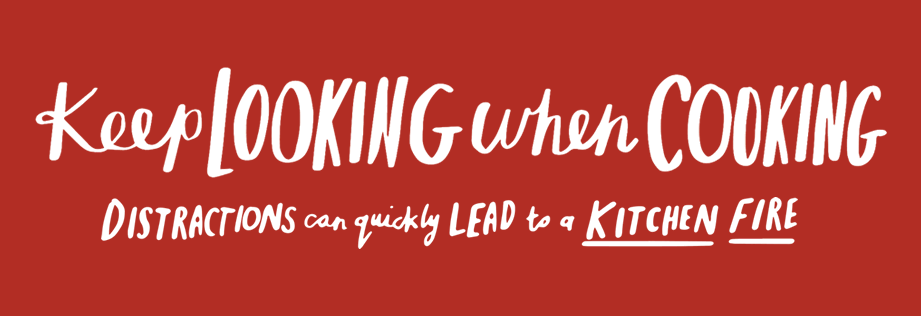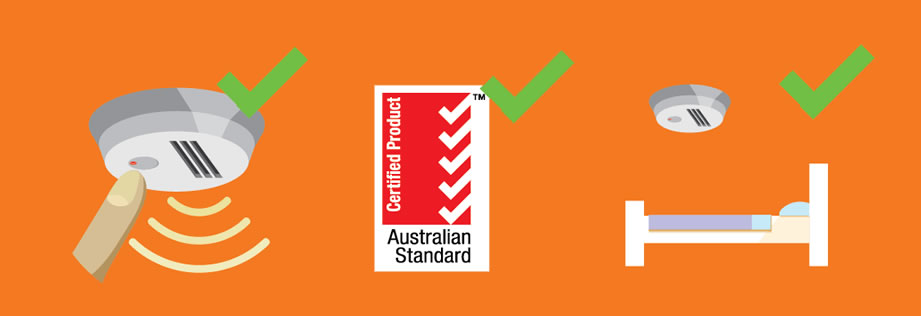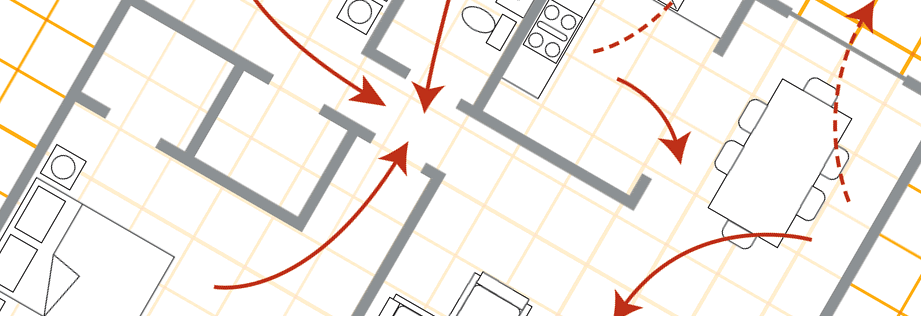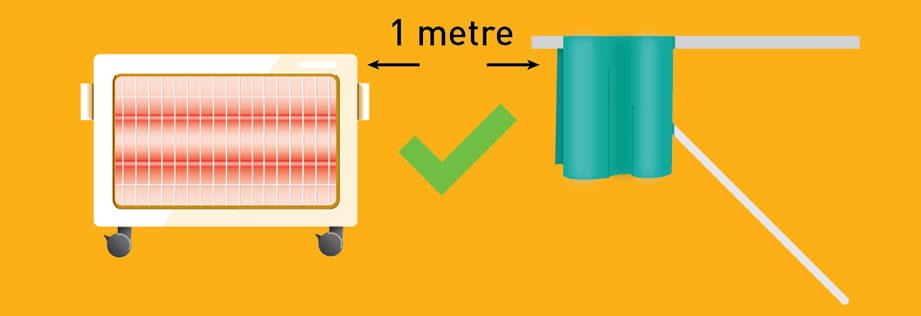FRNSW firefighters hit the streets to educate community about home fire safety -
Published: 11 Aug 2022 07:03am
Following a spate of devastating fire fatalities and near-misses since the beginning of winter, Fire and Rescue NSW (FRNSW) has ramped up its ongoing efforts to educate the community about home fire safety.
Over the past few months, firefighters have been hitting the streets and conducting safety visits across both metropolitan and regional NSW including at Albury, the Central Coast, Crows Nest, Glendenning, Hinchinbrook, Katoomba, Lakemba, Lidcombe, Lismore, Warriewood and many other areas.
Minister for Emergency Services and Resilience and Minister for Flood Recovery Steph Cooke said members of the public can reach out to their local fire station for help.
“Our FRNSW firefighters will come to your home to provide home fire safety advice, including help with installing a working smoke alarm. If you don’t have one they can install it for you at no cost,” Ms Cooke said.
“It’s been a tragic winter fire season already and with just under three weeks to go before spring I’m urging everyone to be extra vigilant about home fire safety.”
FRNSW Deputy Commissioner Jeremy Fewtrell said under the Safety Visits program, firefighters are proactively delivering critical fire safety advice and installing working smoke alarms where they are needed most.
“Our Safety Visits program draws on historical data about where fires occur and the reasons why, so we can target areas with an increased fire risk and help prevent fires from occurring,” Deputy Commissioner Fewtrell said.
“Winter is the worst time of year for home fires, with more fires occurring in bedrooms and loungerooms due to heaters, electric blankets and other electrical devices.
“It only takes 3 minutes for a fire to take hold in your home so it is vitally important to have a working smoke alarm – it gives you early warning to get out as well as minimises the chance of injury or death.
“Our firefighters have already responded to 13 deadly fires and more than 680 residential fires this winter, and we don’t want these numbers to continue climbing.”
Deputy Commissioner Fewtrell is also urging people to check in on loved ones, elderly neighbours, parents, and grandparents to ensure they have a working smoke alarm and an escape plan in case a fire does break out in their home.
“This winter, be safe not sorry. Keep yourself and your loved ones safe by using our Get Ready for Winter checklist,” Deputy Commissioner Fewtrell said.
“We believe fire fatalities can be prevented if you follow the correct safety measures so please take the advice of our dedicated firefighters if they knock on your door for a Safety Visit.”
Some other simple steps you can take to prevent a fire at home this winter include:
- Never ever leave cooking unattended and always keep looking when cooking;
- Keep everything – furnishing, curtains, clothing – one metre away from the heater;
- Do not overload power boards with these extra winter appliances – such as heaters, electric blankets and dryers;
- Ensure flues and chimneys are regularly cleaned;
- Turn off electric blankets at night; and
- Do not use outdoor heating and cooking equipment inside the home.
For more information about the Safety Visits program, visit www.fire.nsw.gov.au or contact your local FRNSW station.
[ends]
B-ROLL VISION FOR DOWNLOAD:
Safety Visits
https://vimeo.com/737508631/e161b0eea5 [external link]
FRNSW Commissioner Paul Baxter after Lakemba fire fatality
https://vimeo.com/737792932/4413257292 [external link]
Updated: 11 Aug 2022 07:03am
Related Tweets

Fire and Rescue NSW via Twitter
@FRNSW
RT @PSGlenwood: The most exciting presentation of our Careers Expo was the fire brigade. They shared information about the job, the equipment, fire safety and even gave students the opportunity to use the fire hose. @FRNSW #Edweek22 #LoveWhereYouLearn
09:07am • Aug 03, 2022 - View tweet on Twitter
Related safety topics
The leading cause of home fires in NSW is leaving cooking unattended.
It“s the law to have at least one working smoke alarm installed on every level of your home.
If you do your bit to minimise the risks in your home, we can all stay safer together.
Having a home escape plan and a working smoke alarm increases your chances of getting out safely.
Learn how to prevent fires from heaters and open fires.
Details about this incident may change and should not be used as emergency information and/or advice.
For all life threatening emergencies, call Triple Zero (000)
For flood information, warnings or requests for non-life threatening assistance, call the SES on 132 500 or visit the NSW State Emergency Service website here. [external link].
For information directly relating to bushfires please call the Bush Fire Information Line on 1800 679 737 or visit the NSW Rural Fire Service Website here. [external link]




